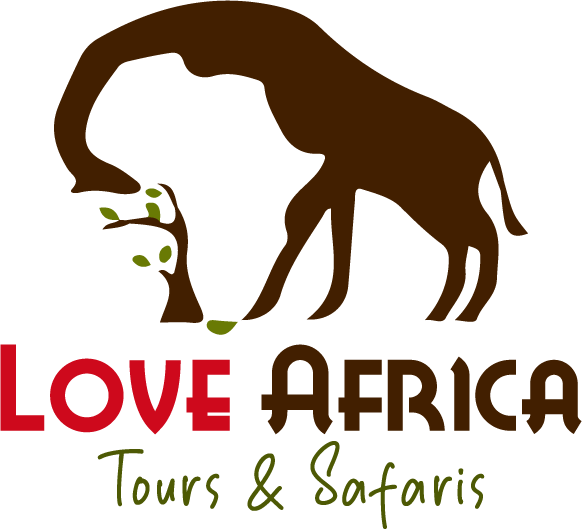Exploring Tanzania’s Cultural Mosaic
Tanzania, a country located in East Africa, is often celebrated for its breathtaking landscapes and wildlife, but one aspect that often goes unnoticed is its rich tapestry of tribal cultures. With over 120 different tribes residing in the country, Tanzania boasts a diverse range of traditions, languages, and customs that have been preserved and passed down through generations.
Each tribe in Tanzania contributes unique elements to the country’s cultural mosaic, creating a vibrant and multifaceted society that is a true celebration of diversity. From the Maasai people, known for their distinctive clothing and traditional dances, to the Sukuma tribe, who are renowned for their agricultural practices and music, Tanzania’s tribal communities offer a window into a world that is as fascinating as it is varied.
Discovering the Vibrant Tribal Traditions
One of the most captivating aspects of Tanzania’s tribal cultures is the rich tradition of storytelling and oral history that is passed down from elders to younger generations. Through myths, legends, and folk tales, the tribes of Tanzania preserve their heritage and values, ensuring that their unique identity is not forgotten.
Music and dance also play a significant role in the tribal traditions of Tanzania. Each tribe has its own distinctive style of music and dance, with rhythms and movements that reflect their connection to the land and the natural world. From the energetic jumping of the Maasai to the graceful movements of the Chaga tribe, Tanzanian tribal dances are a celebration of life and community.
Another important aspect of Tanzania’s tribal cultures is the traditional craftsmanship that has been perfected over centuries. From intricate beadwork and jewelry-making to the weaving of colorful fabrics and baskets, the tribes of Tanzania showcase their artistic skills through their handmade creations. These crafts not only serve as a form of artistic expression but also as a source of income for many tribal communities.
In addition to their artistic talents, Tanzania’s tribal communities also excel in various forms of traditional healing and medicine. Herbal remedies, spiritual rituals, and the wisdom of traditional healers are all integral parts of the healthcare system in many tribal villages, offering a holistic approach to wellness that is deeply rooted in the culture and beliefs of the people.
As Tanzania continues to embrace modernity and development, it is crucial to recognize and celebrate the richness of its tribal cultures. By preserving and promoting the traditions and practices of the various tribes that call Tanzania home, we can ensure that this cultural heritage continues to thrive and inspire future generations.
In conclusion, Tanzania’s tribal cultures are a treasure trove of traditions, customs, and beliefs that provide a glimpse into the country’s rich and diverse heritage. By exploring and learning about the vibrant tribal traditions of Tanzania, we not only gain a deeper appreciation for the country’s cultural diversity but also come to understand the profound connection between its people and the land they call home.




